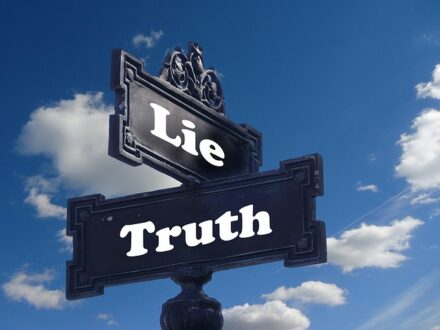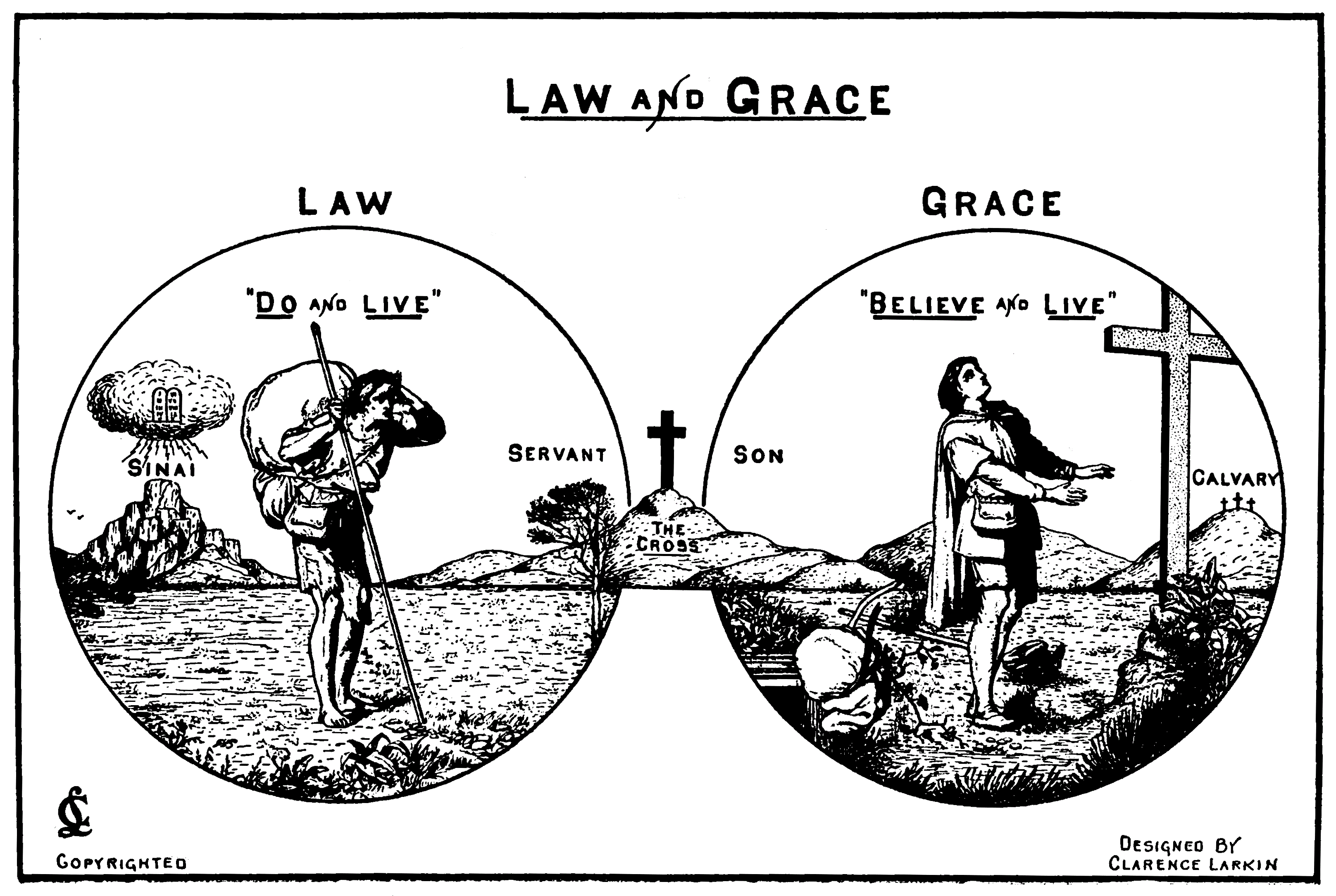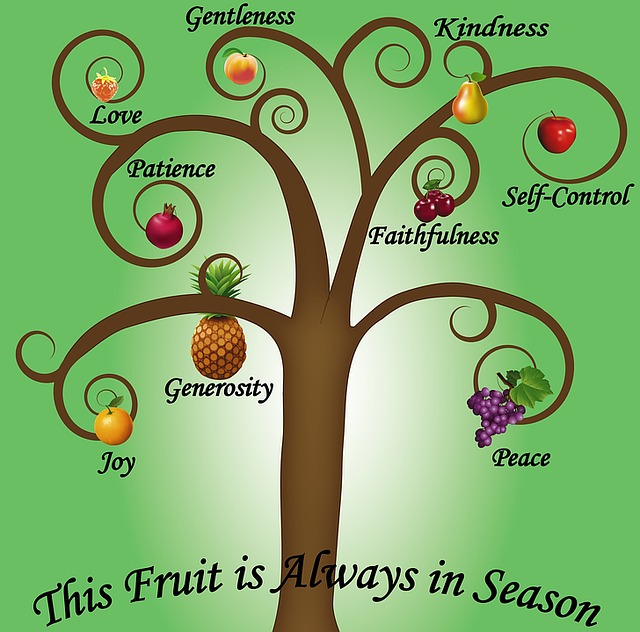It wasn’t the sinners. No, he ate dinner with them. What we see Jesus fighting against are the religious Pharisees who loved to point fingers at other people’s sin and shortcomings. Legalism. It is essentially the world system telling you that salvation is not a free gift and that you must work for your grace. Grace is a free gift. If it comes with ‘requirements’ is is no longer a gift, but a paycheck. Jesus came to save the world not condemn it. A lot of these issues come from people trying to make the Bible fit their opinions. They refuse to research culture, translations, Hebrew, Greek, etc.. They fall under the influence of the adversary and believe we are not worthy of God’s acceptance unless we perform. God loves you; you have to switch your focus from you and onto what He did (and is) doing for us. By saying a dress, long hair, no jewelry, and no makeup is required to get into Heaven, you have rejected the power of Jesus dying and resurrecting by saying – No God, I think I got this. No thanks, I can save myself. However, it isn’t about us. It is all about HIM and what HE did for us.
It. Is. That. Simple.That is the GOOD NEWS!
Let’s take a look at the scriptures and see what they say.
In Matthew 23:27, Jesus addressed the Pharisees who were being judgmental and holding on to a ‘visual and works-based’ salvation by saying, “Woe to you, scribes and Pharisees, hypocrites! You are like whitewashed tombs, which appear beautiful on the outside, but inside are full of dead men’s bones and every impurity. In the same way, on the outside you seem righteous to people, but inside you are full of hypocrisy and lawlessness.” This statement was radical then and it still is today! What good is it if we visually look ‘set apart’ but we are bitter, prideful, and show no love? That is what Jesus means by a whitewashed tomb! Jesus also declares the Pharisees hypocrites for straining out a gnat but eating a camel (Matt. 23:24). This was a parable about worrying about small things but yet, you are full of hatred and pride – which are BIG issues. We must cleans our hearts. As we do this, we will reflect Christ on the outside by our actions. We are becoming love. It isn’t a checklist, it is a process; one that can take years as we begin to heal the many layers of shame, guilt, and pain that we have endured. We must have faith. Believing in something we cannot….see.
We tend to think of a Pharisee as just a Jewish person who didn’t accept Jesus as the Messiah. Why did they reject Him? Jesus was viewed as radical. His message was a 360 from the Law of Moses (Read the book of Leviticus). Moses taught you must perform a certain way to be clean. Jesus taught that God already sees us as clean and we will have eternal life if we accept Him into our hearts as our Lord and Savior. There are many more accounts recorded in the New Testament where Jesus denounced the religious hypocrites, but I would like to now focus on the gospel. The good news. We cannot follow something we do not….know. The good news is that God already loves us and he loves us with agape love. Agape love is unconditional love. Meaning, there are no conditions in which we can make God love us more or less. He loves us because He is love. Scripture tells us this.
1 John 4:8 “The one who does not love does not know God, because God is love.”
Romans 8:39 tells us that nothing can separate us from love. Nothing. Not your skirt that is above your knees, your short hair, your bitterness, your lies….NOTHING. It is written, “(No) height or depth, or any other created thing will have the power to separate us from the love of God that is in Christ Jesus our Lord!” Praise God for that because it is impossible to be sinless, but fear not! We are loved by God and we have been bought and paid for.
John 17:23 “I am in them and You are in Me. May they be made completely one, so the world may know You have sent Me and have loved them as You have loved Me.” This right here tells us we are loved the same way Jesus is loved. Hallelujah!
Ephesians 1:7-8 “We have redemption in Him through His blood, the forgiveness of our trespasses, according to the riches of His grace that He lavished on us with all wisdom and understanding.” He has redeemed us! We are set free.
1 Corinthians 12:13 “For we were all baptized by one Spirit into one body—whether Jews or Greeks, whether slaves or free—and we were all made to drink of one Spirit.” God does not see a sinner when He looks at us. We have been baptized into Christ.
While we have this good news, so many people reject it. It is difficult for the human mind to grasp this concept that we are loved unconditionally by God. Another argument I have heard time and time again is that the God of the Old Testament was mean and full of wrath. Yes, people were killed, but the Bible is not a book of condemnation, it is a book about God’s redemption plan to save mankind after the fall. The only reason people were wiped away was due to their motives to wipe out the line to Jesus Christ. God had to preserve that at all costs because Jesus is the ONLY way to eternal life without pain and suffering.
If God was mad at us, why did he make a promise to Abraham that he would use his seed to bless the world? God made this promise in the very first book of the Bible. He wouldn’t do this if He regretted creating us. He promised Abraham, Issac, and Jacob (Israel) that He would redeem us through their bloodline. We now know that redemption plan was finished with Jesus Christ. The adversary tricked Adam and Eve to eat from the Tree of Good and Evil by making them feel God was hiding something from them. After the fall, they felt shame and guilt. Something God never wanted for us. The reason we felt naked was because of the enemy. Not God. We clothe ourselves to hide shame. If it was Satan who told us we were unclean in the garden, is it not Satan who is inside your head telling you that you are unclean if you don’t perform or wear certain types of attire?
One last thought. Fear in Hebrew does not translate to being scared. To fear God in the original text means to have childlike wonder and awe of God. Fear = awe. How easily we can get tricked into thinking God is angry with us. Satan has done this since the fall. The devil is the father of all lies and he knows no new tricks.
The good news is that the battle has been won. Jesus conquered the grave. We have redemption through Jesus Christ and we are covered by the blood of the lamb. Stop listening to the lies of the enemy. Read the word for yourself, rather than believing everything another human tells you. You can even question me and what I have written here in this article. Actually, I encourage you to. Seek to find the truth! The Holy Spirit will slowly reveal it if you ask for it.
We are no longer slaves. Thank you Jesus for this unconditional, undeserved gift of grace and eternal life.
Let your Kingdom come. Your will be done on earth as is it in Heaven. Until you return, I will praise You and spread this wonderful, life-giving news of how You died for me, and…..the world. I pray that every person who reads this will be filled with a seed of Truth. In Jesus’ name I declare this. Amen.
–GodIsLove





